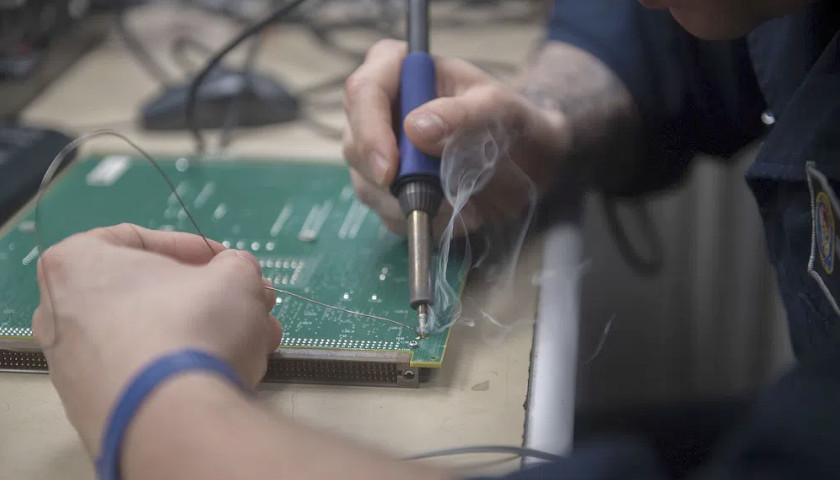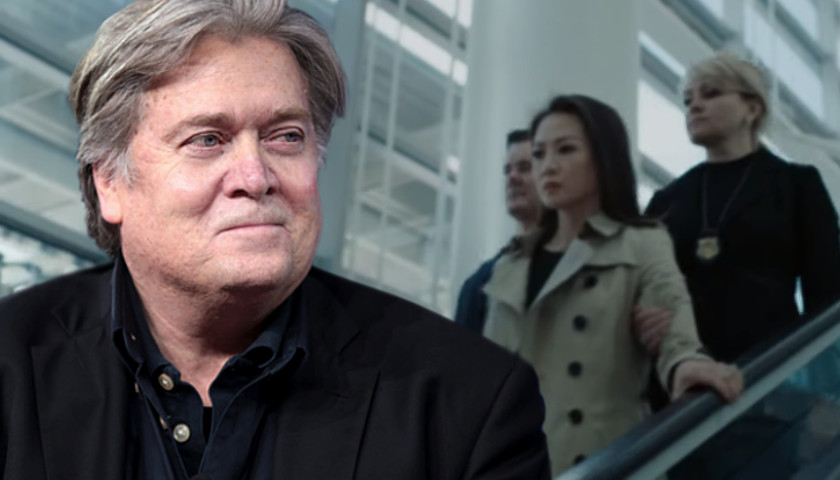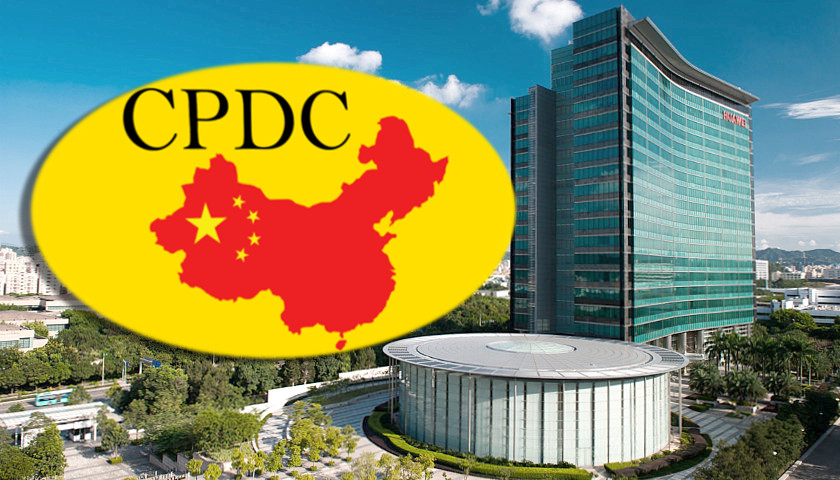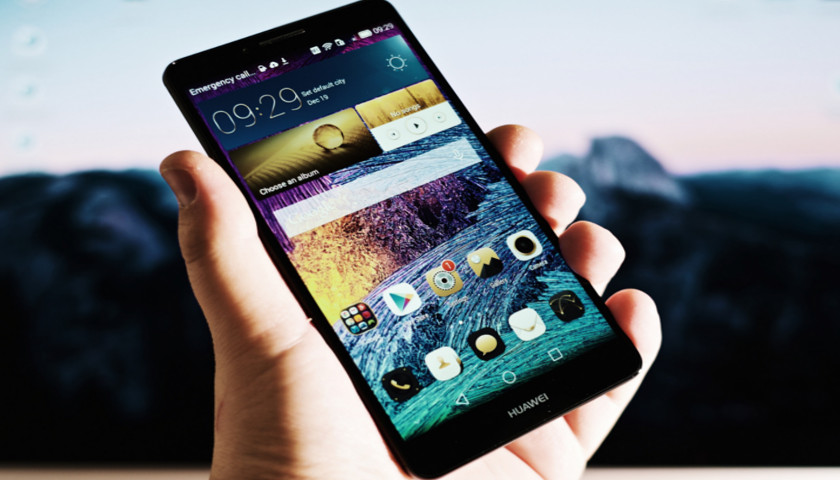U.S. Sens. Marsha Blackburn (R-TN) and Richard Blumenthal (D-CT) are expressing concerns about the inclusion of Huawei in the development of next-generation sharing technology in a band of spectrum critical to national defense. The senators wrote a letter on the topic Wednesday to Patrick Shanahan, Acting Secretary of the Department of Defense, and Ajit Pai, Chairman of the Federal Communications Commission. The letter was also signed by U.S. Sens. Susan Collins (R-ME), John Cornyn (R-TX), Tom Cotton (R-AR), Edward Markey (D-MA) and Dan Sullivan (R-AK). “For years, alarm bells have been ringing over concerns about Huawei, especially in regards to national security and economic competitiveness,” Blackburn said in a press release. “Yet, as far back as 2016, and as recently as 2018, representatives from Huawei have been meeting with government officials regarding their work to develop next-generation spectrum sharing technologies between the United States Navy and the commercial sector. Spectrum sharing is a solution to spectrum management, but serious questions need to be answered regarding Huawei’s involvement.” Blackburn also tweeted her concerns, saying, “Alarm bells are ringing about Huawei – especially in regards to national security & economic competitiveness. That’s why @SenBlumenthal & I wrote a letter to @ActingSecDef…
Read the full story





